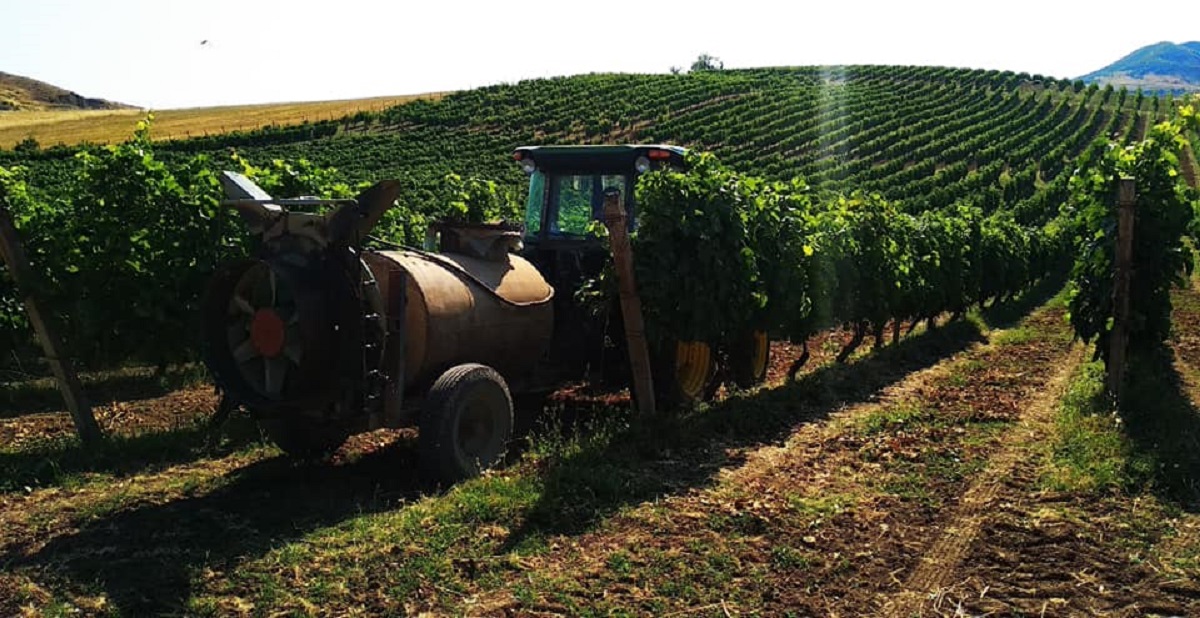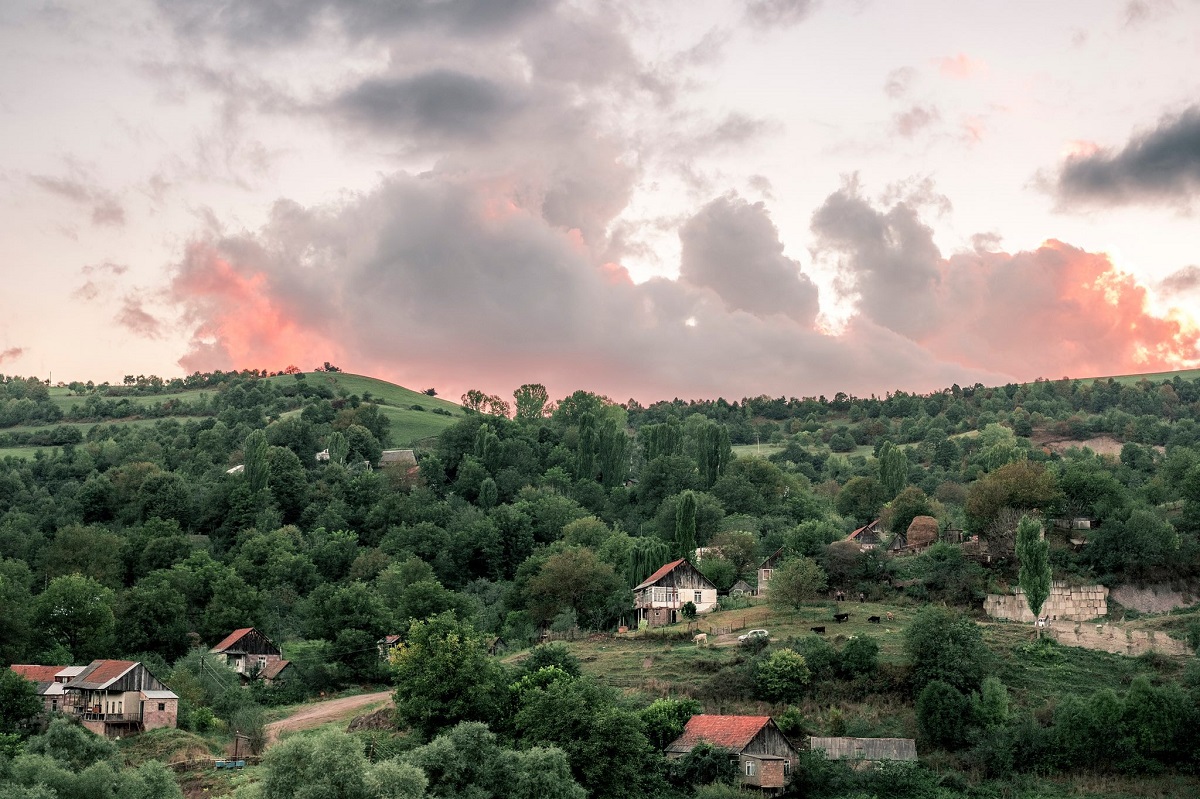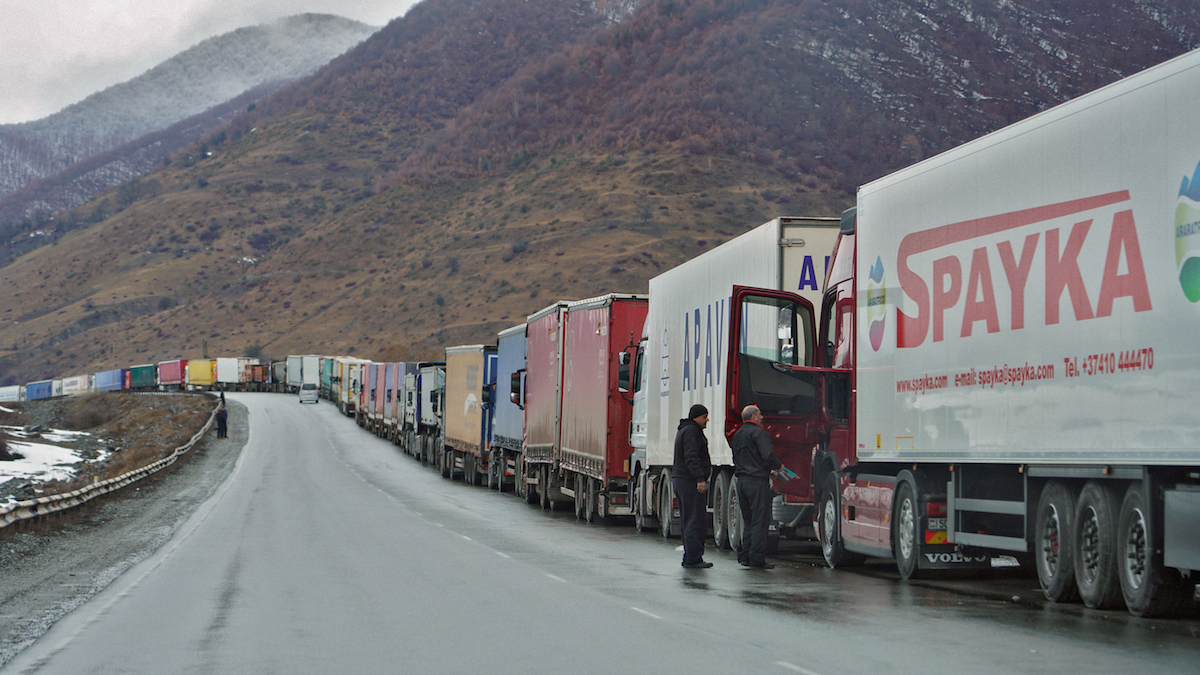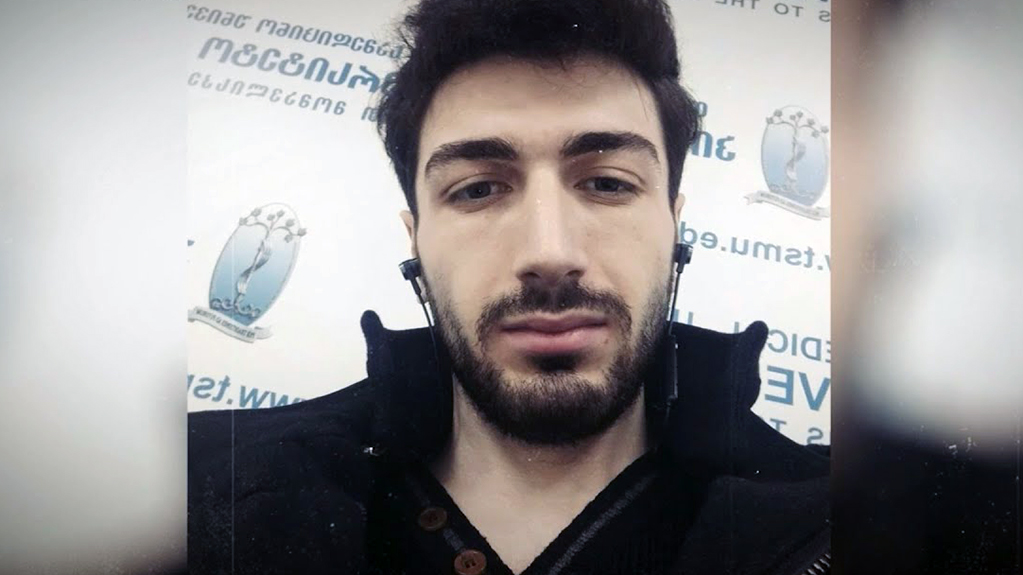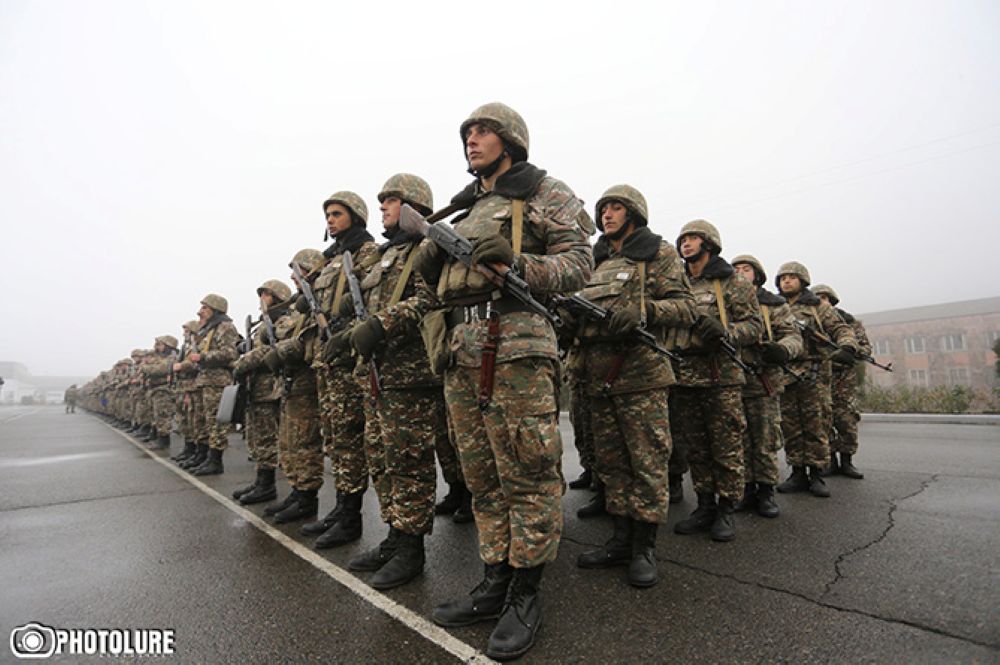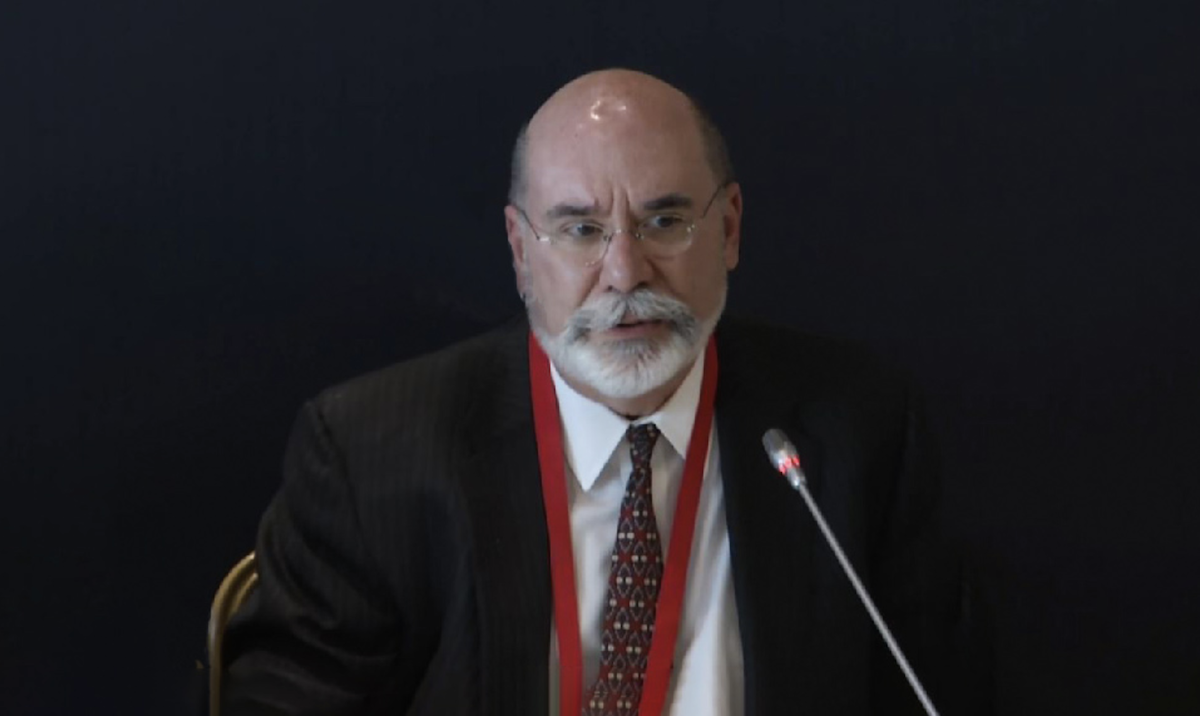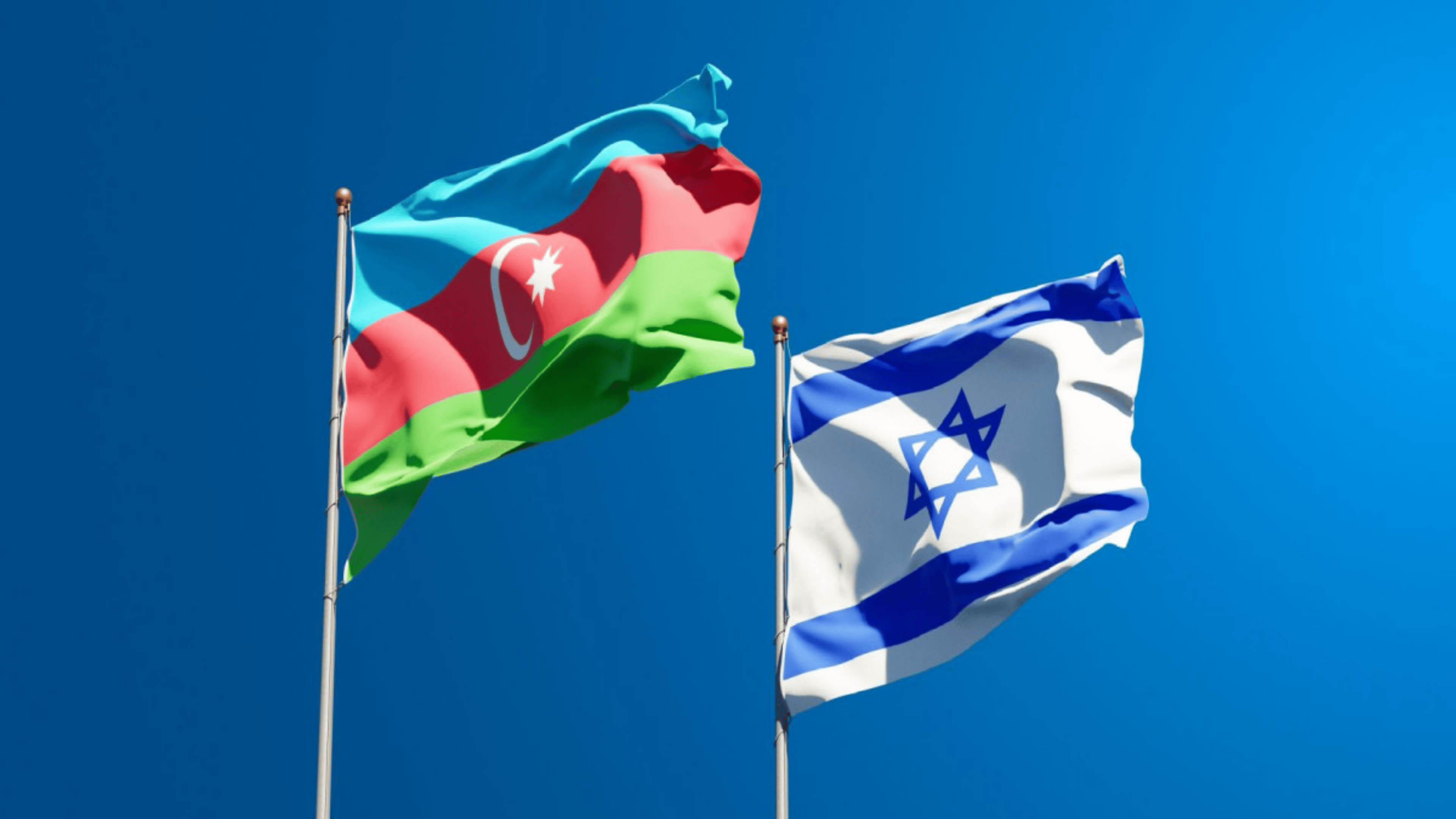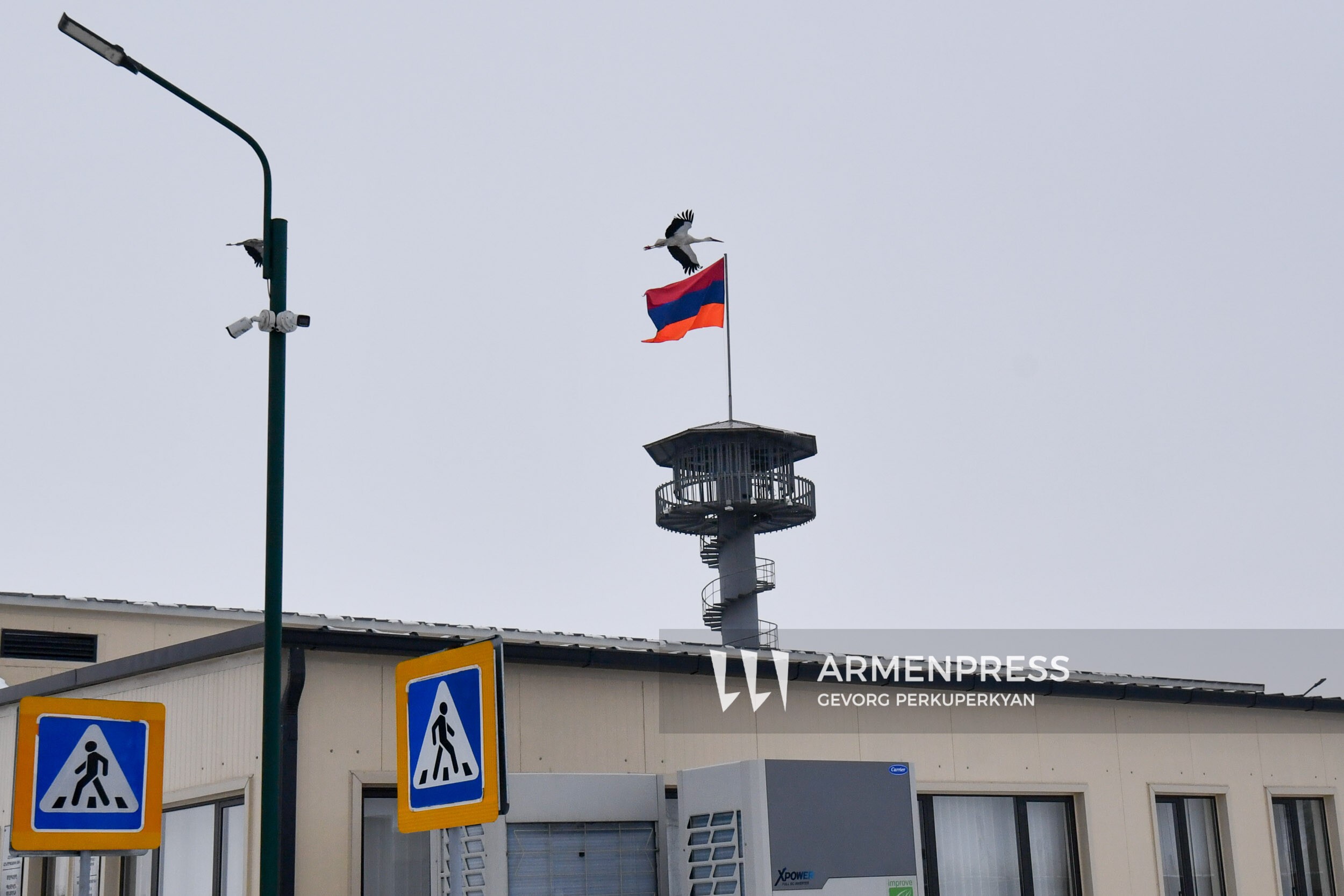Tourist business on the border of Armenia: stories of those who have started a business there
Development of tourism on the Armenian border
After the Karabakh war of 2020 the borders of Armenia changed, with some towns thus becoming “border towns”. In spite of this, or rather because of it, this has led to some development of tourism on the Armenian border. Moreover, those who’ve started businesses there say they consider it the best way to strengthen the country’s borders.
Businessmen who have started guest houses and cafes in Armenian border towns such as Tavush, Syunik and Vayots Dzor, explain why they made such a move where it is not exactly easy to live, perhaps even dangerous. They talk about the peculiarities of their business, development opportunities, and what type of participation and assistance they expect from the state.
- Proposal to erect a statue of Jesus on Mount Hatis sparks concern among experts, Yerevani residents
- Armenian villagers living near the Azerbaijani border demand a security zone
- “Armenia can repeat the success of Singapore” – Russian entrepreneurs continue to flock to Yerevan
“The best model for the protection of border towns”
Garik Paytyan decided to start a business in the border town of Norashen in the Tavush region a few years ago. He says he made the decision to establish a guest house-cafe because border towns are remembered only during incidents at the border, which he considered unfair and unacceptable:
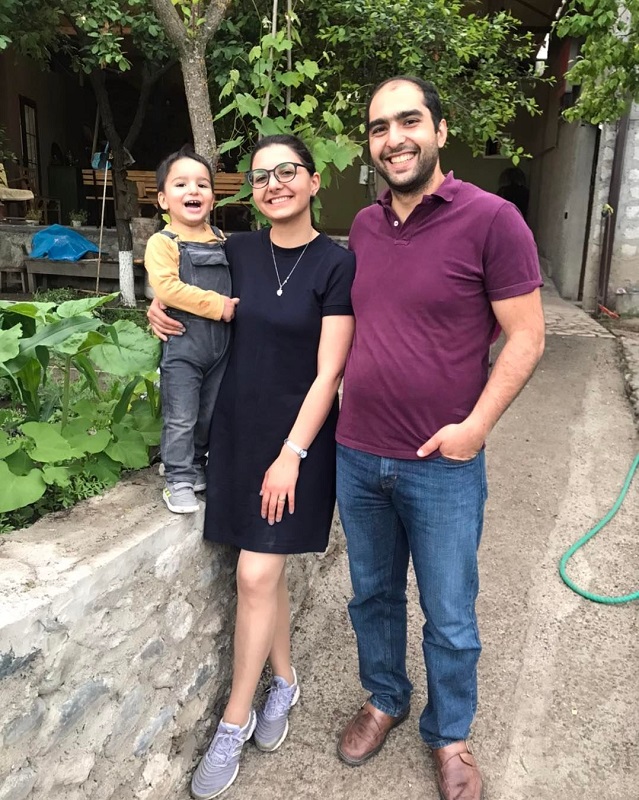
“I wanted more attention paid to the region’s opportunities, potential investment projects. But they talk about border villages only if there is shooting. I had a great desire to change something in my hometown, Norashen. And my business idea was based solely on this desire, not on a well-calculated business project.”
As Paytyan explains, for decades the border communities of Tavush were part of a vicious cycle. Tourists did not come because there was no tourist infrastructure — no accommodation or services, and so no one would invest in the area. The guest house “Zorak”, which was founded by Garik, was the first.
“Someone had to break this cycle. I think we have, as immodest as it sounds. And following our example, today different people are investing and opening other guest houses in the area,” he says.
Garik left Norashen with his family at the age of twelve. He felt a return to his roots necessary, while his family felt it to be regression.
“My family left the village in the hope of a better life. And of course they were against my return. They thought it was a step back. I decided to start a business here out of love for my native village and a feeling of social responsibility. And I am sure that over time our business will become profitable,” says Garik.
Not only business development
In his opinion, the development of tourism is the best way to make life in remote border towns more interesting and to keep young people here. Moreover, it may even be the best way to strengthen and protect the border, if the state’s solicitude matches development:
“What we have done should, I think, have been done either by the town administration or the government. Unfortunately, they do not consider tourism a priority in our region, and so they do almost nothing.”
Garik believes improving the infrastructure of border towns to be an urgent task:
“The best thing the state can do for the region is to build a road. It would make life easier for both local residents and tourists. I mean a road through Berd, Chambarak, Itzakar, Gandzakar. Now the long winding road, which is also closer to the border, has been paved. That is, they improved the most inconvenient route. Nor has the problem with water been resolved in Norashen. And all these vital issues have not been looked at for years.”
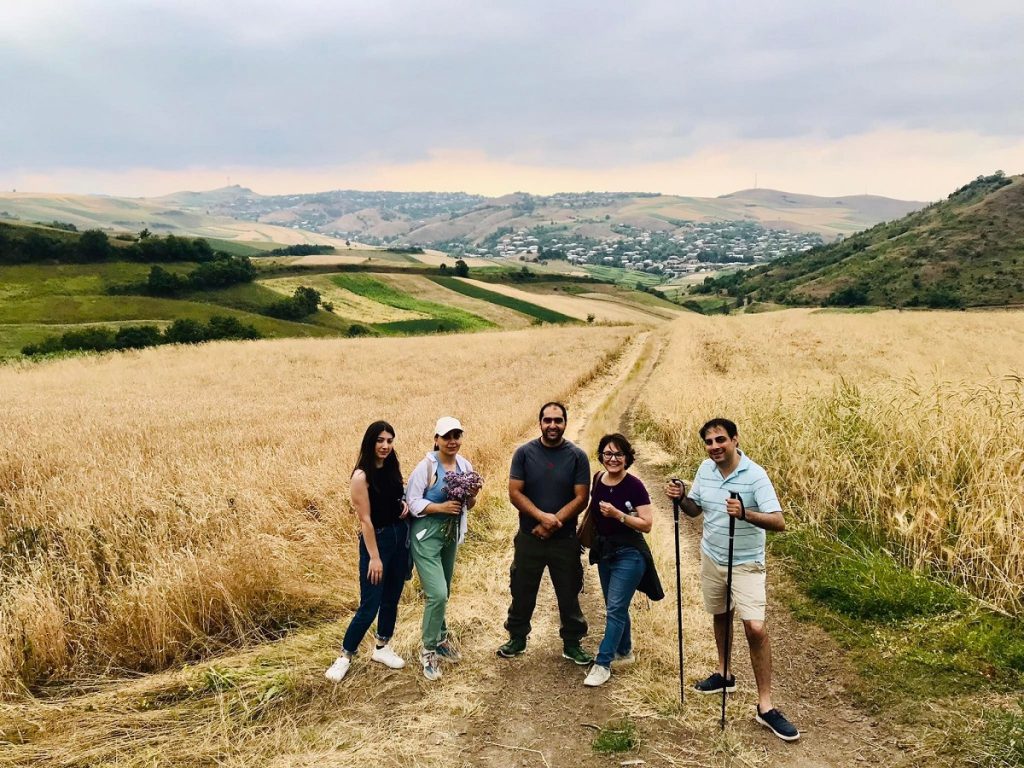
According to Garik, the reason for this is the lack of a long-term development strategy:
“Further development is not considered, at least in our region. And anything planned on paper is not realized, or is simply unrealistic and so cannot be done.”
The businessman emphasizes that if the border towns are given due attention, neither residents nor investors will leave.
“The key to the success of cross-border business is long-term peace”
About forty families live in the village of Gomk in the border region of Vayots Dzor. Karen Aslanyan did his military service here, then decided to buy a house in the village and try to turn Gomk into a tourist town.
“Everyone who heard about our idea thought my wife and I were crazy. Nobody believed that tourism could be developed in Gomk. They said: “Even the locals don’t come here, why on earth would foreigners come?” Nobody believed in it,” recalls Karen.
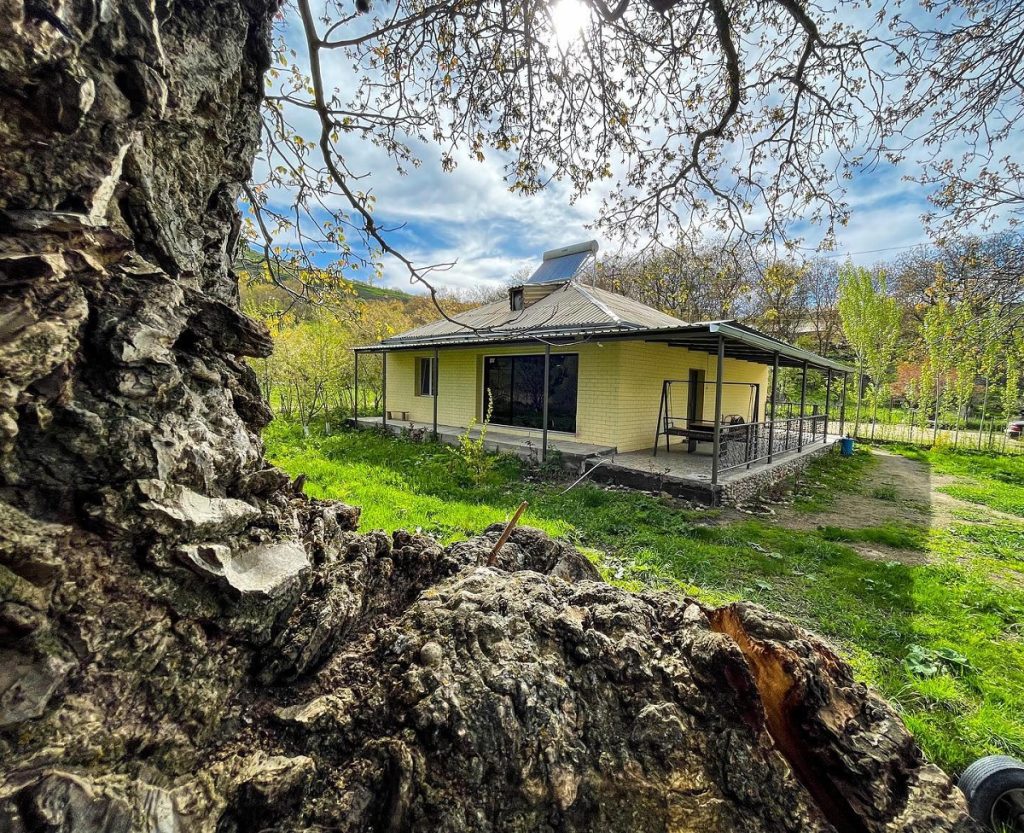
Nevertheless, the couple bought a house in Gomk and founded the first guest house in the area. Later, other services were organized to attract tourists — fishing, horseback riding, hiking to historical and cultural attractions.
Today the Benson recreation area, which was created by the Aslanyan family, includes three guest houses, a fish farm and a stable. Employees have been brought on. In addition, other residents of the village has also begun to offer some services to tourists. Gomk is becoming more and more attractive to guests, and the life of the village itself is becoming more active.
Karen Aslanyan does not hide the fact that doing business in a border town is difficult:
“To overcome difficulties, a person must be devoted to his cause with all his heart. There are many difficulties that arose during the coronavirus pandemic, and there are also post-war problems. But the harder it is to run a business, the harder we work.”
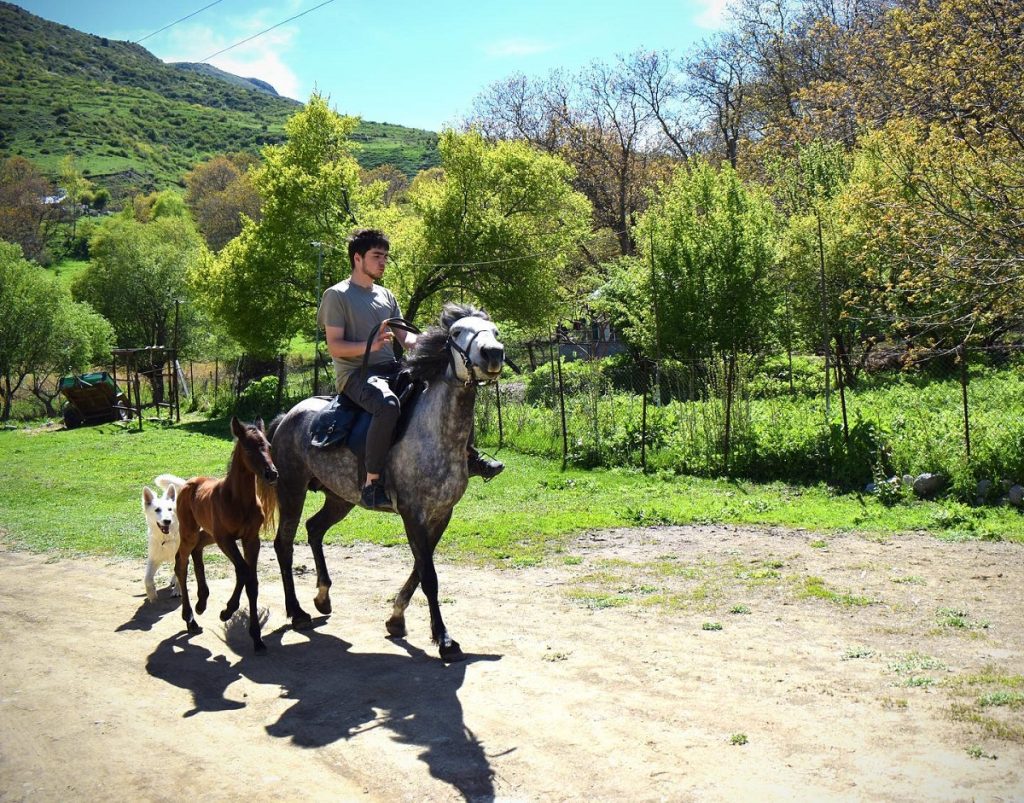
Karen emphasizes that long-term peace is the key to the success of cross-border business. It is this which entrepreneurs expect from the government, as well as assistance in disseminating information about the tourism potential of Armenia on international platforms.
“It would be good if the state helped the communities build roads and sell the crafts produced by the villagers. Then the locals would work with greater enthusiasm, being sure that they have support. Our country begins at the border and in the border towns. The stronger the border, the safer it is for everyone.”
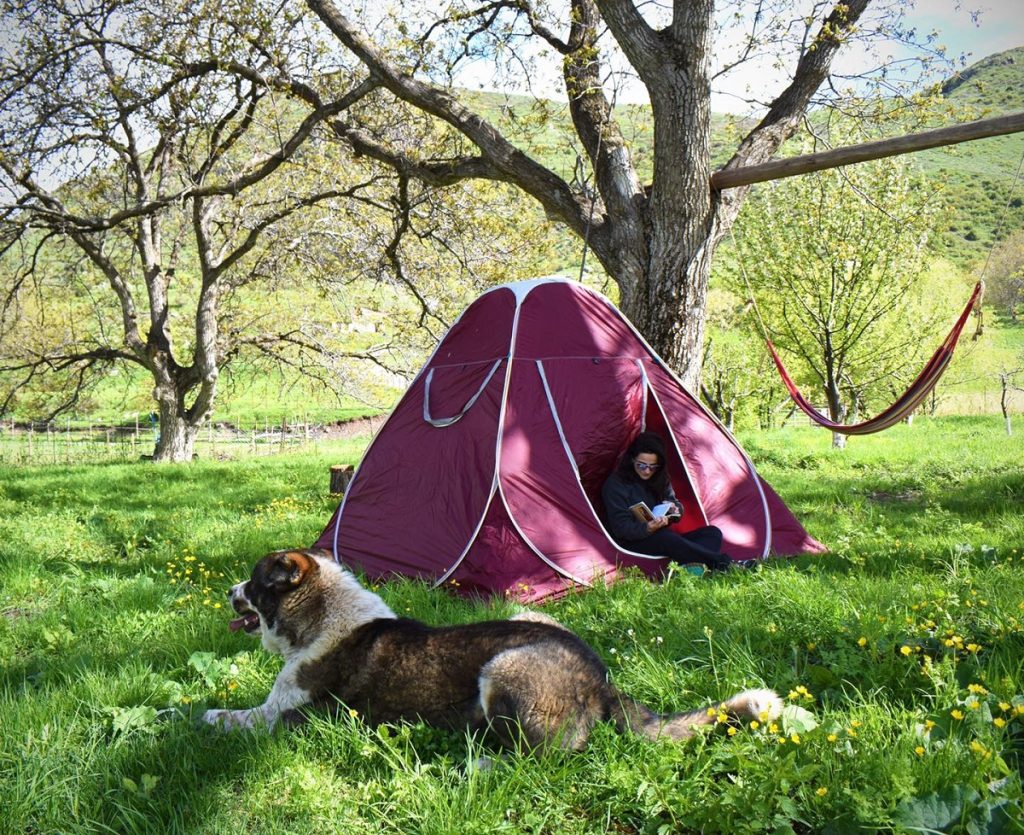
“Syunik needs support most of all”
Arsine Sahakyan “adopted” five border towns in the Syunik region in southern Armenia. She says the idea came to her when she saw a Facebook video made by friends in the town of Nzhdeh, where residents are leaving steadily. This is a border town where only 22 families remained. This led Arsine to a similar path toward the development of tourism on the Armenian border.
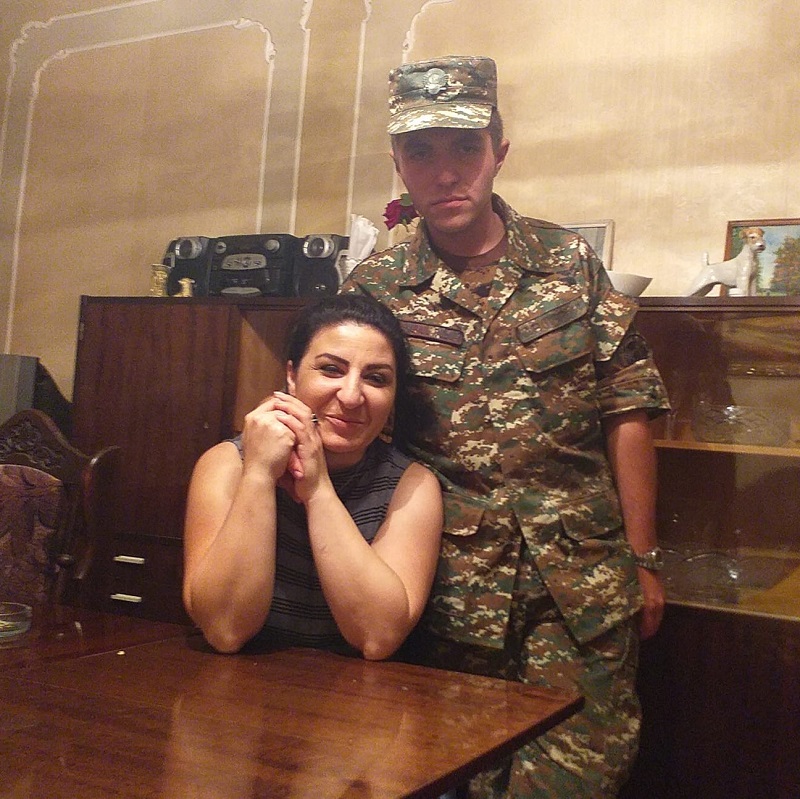
“Losing a son who died in the 2020 war was a heavy blow. I was broken, I couldn’t do anything. Seeing this video, I felt that I could, I had to go to save this empty town. Every day I thought about what business projects I could start there, so that people could have a job, they could live normally, how to ensure the flow of tourists there,” recalls Arsine.
Soon she decided to move from Yerevan to Syunik and begin local development projects. She bought a house in the town of Bnunis, near Nzhdeh. Then she turned it into a guest house, named it “Edgar’s House” in honor of her deceased son, and decided that its doors would be open to everyone, including those who could not pay.
“Before the army, my son promised me that he would return from service and buy land in a border town and build a house. Having moved here, I wanted to fulfill my son’s dream. Why Syunik? Because this is the weakest and most vulnerable area after the war. Syunik needs our support the most. This is the homeland that my son defended, and I too am obliged to protect it,” says Arsine.
In order to conduct business correctly, she went to study at the school of social entrepreneurship, then founded the Arsine-Nzhdeh social enterprise.
Today “Edgar’s House” offers not only lodging and meals for tourists, but also organizes hiking, sightseeing tours, and rural workshops. She also created a sewing workshop in Bnunis where the women of the village work.
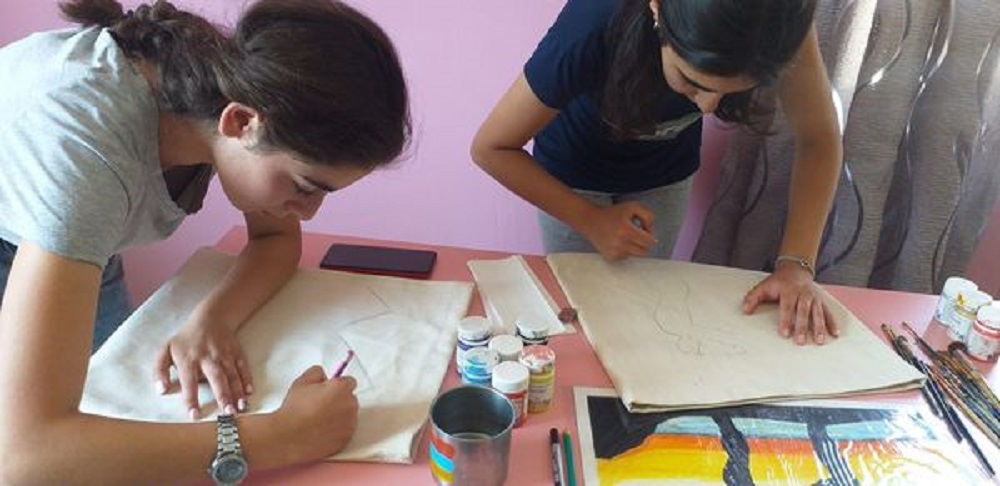
Arsine says that moving to Syunik was also to serve as an example to others:
“I moved here to help local residents regain their will, energy, hope, to become an example for those who live abroad or far from the border. I wanted them to consider the possibility of moving here and not just to Yerevan when choosing a place to live.”
She is proud that her example has already borne fruit:
“Two families have already moved to the area, and two more are going to move. People call, are interested, ask for help in finding a suitable home. People are returning to the town whose doors have been closed for years. Now they are renovating the houses they buy to turn them into guest houses. And I love watching it all.”
Development of tourism on the Armenian border












